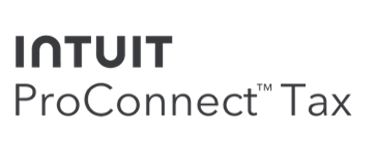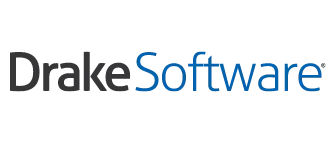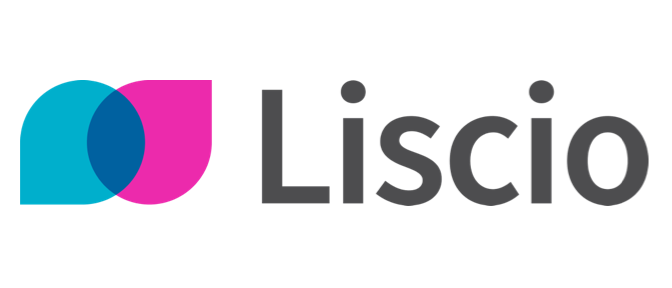
Enough is Enough: Why Nearly Half the Accounting Profession Quit Their Jobs
Blog by: Carrie Stemke
The accounting profession is notorious for its approach to change being slower than cold molasses. Over the last 5 years — 4 of which were spent covering the profession for AccountingWEB – I discovered that many of the issues plaguing firms had been thorns in their sides for years.
The “Great Resignation” Among CPAs
Hiring and retention are two of the thorns that have plagued firms for years, as is the continued decline of people graduating with a traditional accounting degree. Then there’s the busy season, which is so stressful and problematic that survival guides are necessary every year. With no resolution to any of these issues in sight, it’s not really surprising that accountants are throwing in the towel and refusing to keep accepting the current situation. However, I’ll be the first to admit the Wall Street Journal announcing a “Great Resignation” among CPAs wasn’t on my 2023 Chaos Bingo card.
The seriousness of the current state of accounting is reflected in the massive numbers of professionals who decided the job wasn’t worth the crushing stress. Blake Oliver CPA and host of the Earmark Podcast and one of the first experts to bring the issue to the community’s attention, noted that “300,000 accountants have quit their jobs in the last two years.” When you consider that there are between 500,000 and 600,000 accountants in the US (according to 2022 estimates), this translates to a loss of half of the population. And the stigma and unwillingness to hire new graduates without traditional accounting degrees means those vacant jobs won’t be filled anytime soon.
How Firm Leaders Can Future-Proof Their Practices
One major issue behind the mass resignations? A lack of willingness by firm leaders to invest in fair compensation despite the increased workloads and a lack of interest in purchasing or knowledge of technology that will actually help the team. Numerous accountants have the same complaint: partners are so focused on manual labor to maximize billable hours that they simply don’t acknowledge the difference tech could make. Blake sums it up perfectly: “The big firms talk about tech and spend lots of money on it, but the tech doesn’t have an impact because of the billable hours mentality. Also, tech decisions are made top-down, which results in tech that the front-line staff doesn’t want or need.”
How Advisory Fits Into the Picture
Jordan Pixley put his attention to detail and love of numbers into his Clemson University accounting classes. In this Wall Street article, Jordan shares he felt bogged down by the repetitive tasks of accounting—such as balancing cash sheets—and the work proved less interesting than the college class he enjoyed most—data analysis.
The 22-year-old accounting major attended a KPMG LLP recruiting event in Orlando, Fla., but ultimately chose not to apply. He graduated without a job lined up and is exploring opportunities with the U.S. military. Accounting’s grueling hours—70- and 80-hour weeks are common at the biggest public firms before tax and audit deadlines—were part of the turnoff, he said.
“I was a little scared of it, not going to lie,” Pixley said. “I don’t know if I want to do all that.”
Accountants have been encouraged to switch their practices from focusing mostly on tax to offering advisory services, which add value for clients and for potential employees like Pixley. Data analysis is just one part of those services, as are financial reporting and cash flow forecasts – all tasks that require skill and interest and don’t require hours of monotonous work.
How Else Can Accounting Firms Retain Talent?
Fortunately, a positive future is possible. While no one solution will solve the problem entirely, transitioning to the cloud will make a big impact on the conditions accountants work in. Thought leader and Accounting Today Top 100 Most Influential alum Randy Johnston recommends firms have a strong document management solution.
Why? It eliminates time-consuming, repetitive tasks that contribute to frustration and waste time, and it automates many duties. This reduces unnecessarily insane hours that burn professionals out and cause mental and physical health problems. Furthermore, the current talent seeking jobs in the accounting profession is much more tech-savvy than previous generations. They expect to work for firms that are modern and up-to-date on their tech stack.
And as a bonus: firms that use cloud-based accounting software typically save money through streamlining workflows, while increasing their capacity to successfully take on additional clients.
To see how SmartVault’s integrated document management and client portal can empower your firm, schedule a demo with us today.
